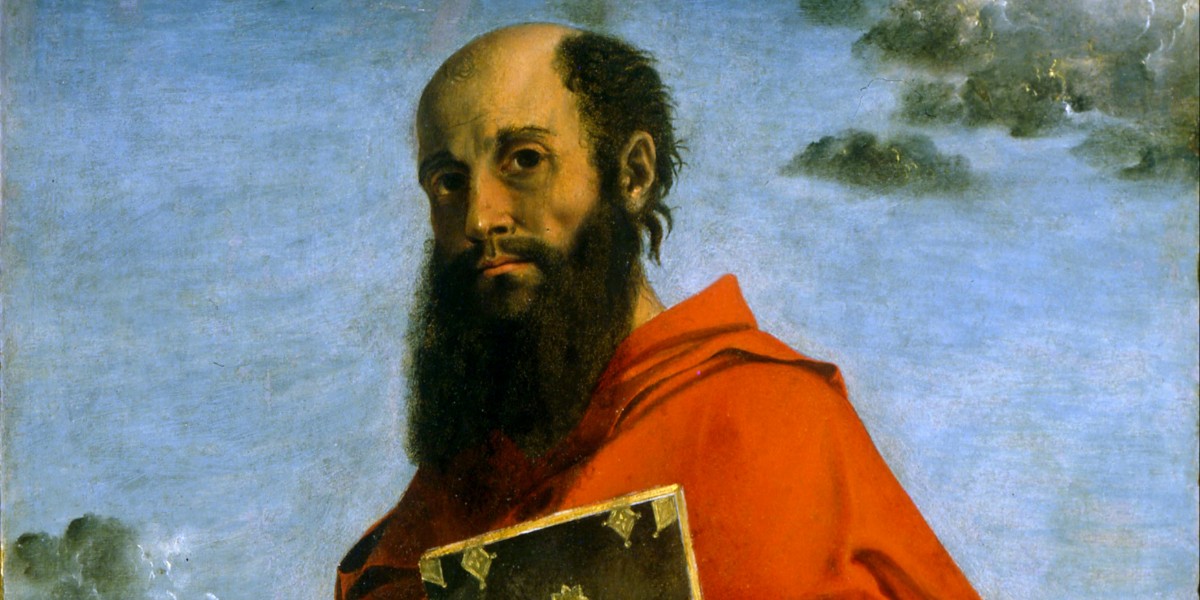Pope Leo XIV – Inaugural Mass Homily
Elected on May 8, 2025, as the 267th successor of St. Peter, Pope Leo XIV’...

Augustine, in this letter to Proba, provides his interpretation of the command of Saint Paul in 1 Thessalonians 5:16 to pray always, without ceasing in order to expand our desire for happiness with God, which is hope, and deepen our union with God, which is love.
Why in our fear of not praying as we should, do we turn to so many things, to find what we should pray for? Why do we not say instead, in the words of the psalm: I have asked one thing from the Lord, this is what I will seek: to dwell in the Lord’s house all the days of my life, to see the graciousness of the Lord, and to visit his temple? [Psalm 27:4]
There, the days do not come and go in succession, and the beginning of one day does not mean the end of another; all days are one, simultaneously and without end, and the life lived out in these days has itself no end.
So that we might obtain this life of happiness, he who is true life itself taught us to pray, not in many words as though speaking longer could gain us a hearing. After all, we pray to one who, as the Lord himself tells us, knows what we need before we ask for it.
Why he should ask us to pray, when he knows what we need before we ask him, may perplex us if we do not realize that our Lord and God does not want to know what we want for he cannot fail to know it), but wants us rather to exercise our desire through our prayers, so that we may be able to receive what he is preparing to give us. His gift is very great indeed, but our capacity is too small and limited to receive it. That is why we are told: Enlarge your desires, do not bear the yoke with unbelievers.
The deeper our faith, the stronger our hope, the greater our desire, the larger will be our capacity to receive that gift, which is very great indeed. No eye has seen it; it has no color. No ear has heard it; it has no sound. It has not entered man’s heart; man’s heart must enter into it [I Cor. 2:9].
In this faith, hope and love we pray always with unwearied desire.
However, at set times and seasons we also pray to God in words, so that by these signs we may instruct ourselves and mark the progress we have made in our desire, and spur ourselves on to deepen it. The more fervent the desire, the more worthy will be its fruit. When the Apostle tells us: Pray without ceasing [I Thes. 5:16], he means this: Desire unceasingly that life of happiness which is nothing if not eternal, and ask it of him who alone is able to give it.
FOR A FREE ADVENT “CHEAT SHEET” with many practical suggestions on how you and your family or study group can hope to make this the best Advent and Christmas Season ever, either sign up for free on our email list or confirm your existing subscription and then email us at [email protected] asking for your free copy. This document is not posted publicly on our website and is for our subscribers only.
This excerpt of Augustine’s letter to Proba on Prayer (Ep. 130, 8, 15:17-9, 18: CSEL 44, 56-57, 59-60) fcouses on strengthening faith, hope and love by expanding desire through continuous prayer. It appears in the Roman Office of Readings for the 29th Sunday in Ordinary Time. It outlines Augustine’s interpretation of the command of Saint Paul in 1 Thessalonians 5:16 to pray always & without ceasing. The accompanying biblical reading is taken from Esther 1.
For more on prayer, see the PRAYER section of the Crossroads Initiative Library.
Banner/featured image Saint Paul by Bartolomeo Montagna. Public domain.
No Comments